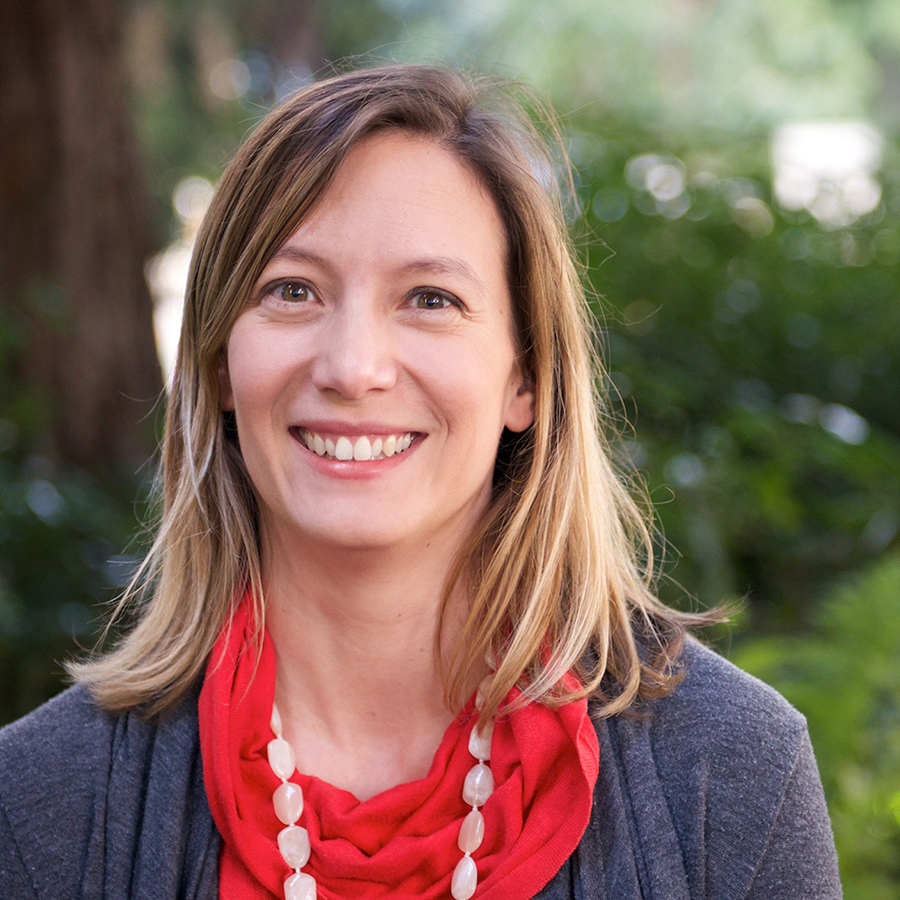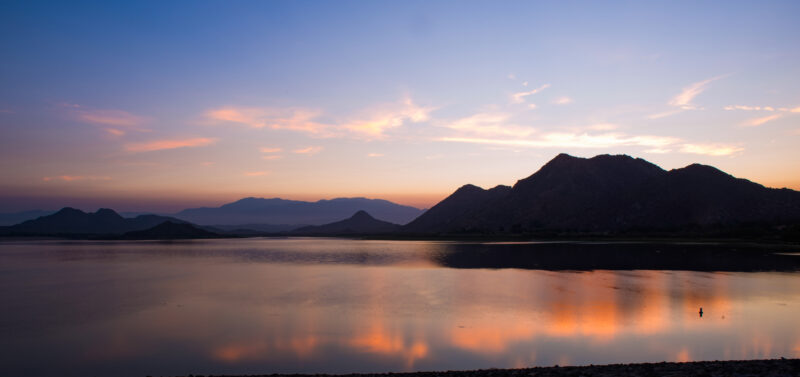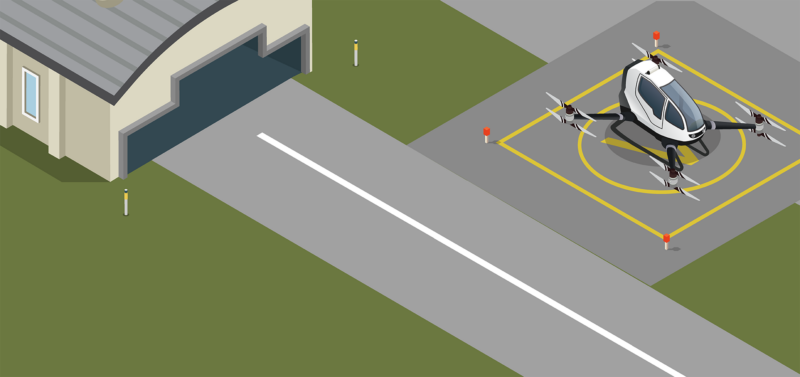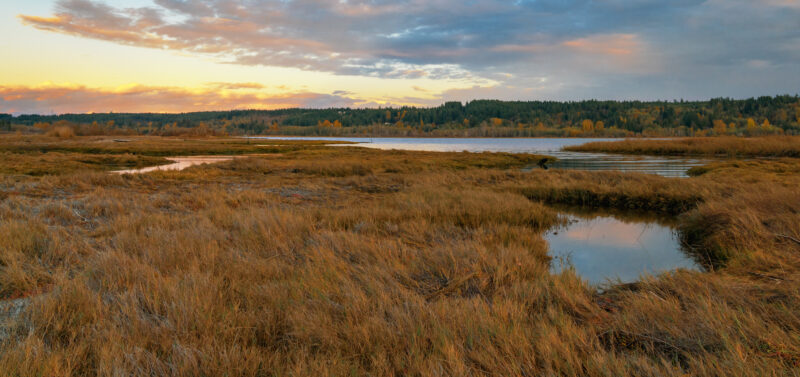Large-scale infrastructure projects might generate thousands of environmental commitments. Beacon’s Monitoring Portal connects project commitments...
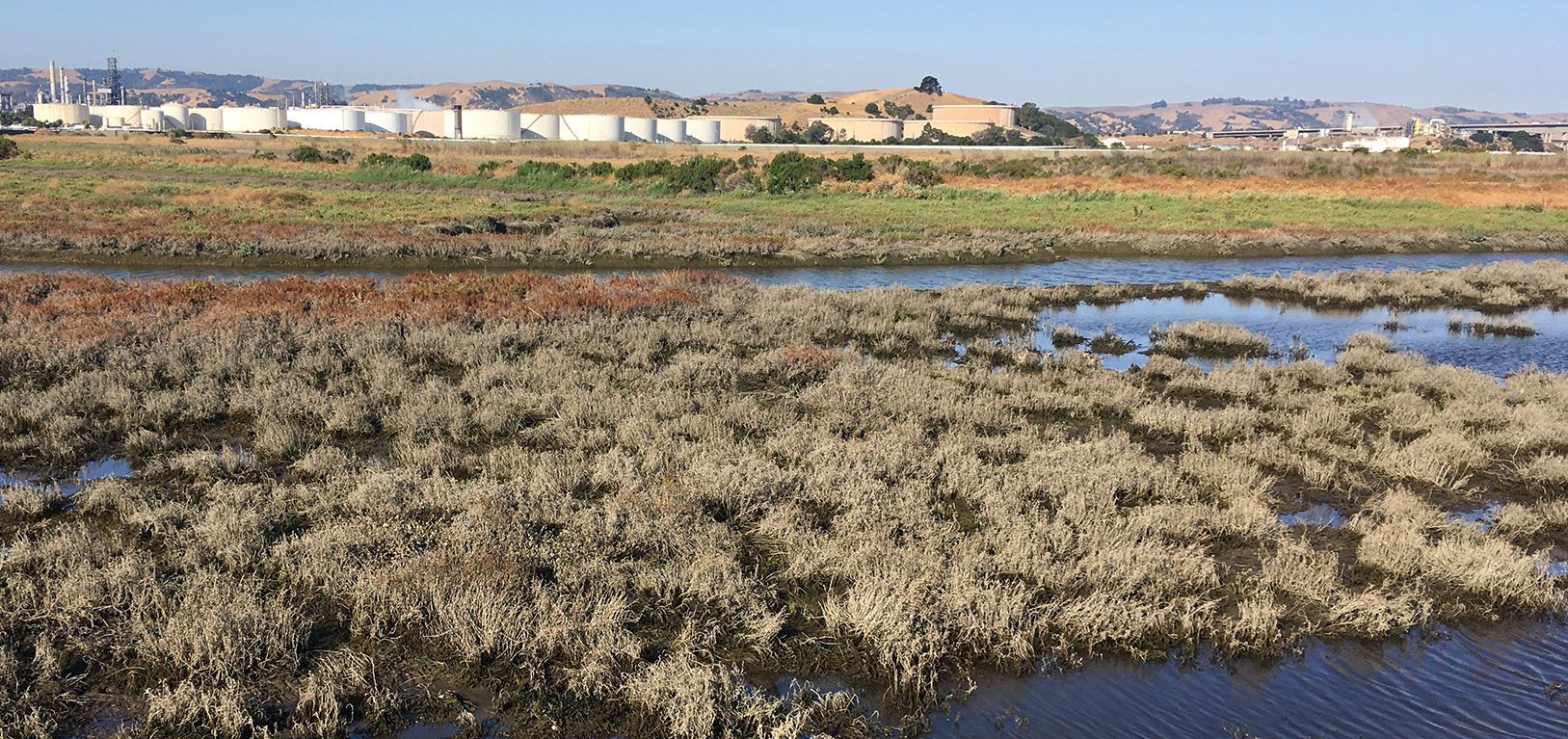
Lower Walnut Creek and Pacheco Marsh Restoration
This multi-objective coastal wetland restoration project converted the industrialized west bank of Lower Walnut Creek to 300+ acres of tidal wetland and upland habitats, while also providing sustainable flood management and new public access for nature lovers.
Why does this project matter?
The Lower Walnut Creek (LWC) Restoration Project, led by Contra Costa County Flood Control and Water Conservation District (District) restores a complex degraded estuarine landscape to diverse range of native wetlands habitats that have almost entirely been lost along the southern shoreline of Suisun Bay. The Project reconnects and expands formerly fragmented wetlands, while providing sustainable flood protection and climate change resilience.
What is ESA doing to help?
ESA worked with the district for over eight years to plan, design, permit, and implement this award-winning project along Suisun Bay. ESA led the design from concept through final bid documents, including feasibility studies, flood analysis, integrated restoration ecology, and grading and planting design.
Key project elements included extensive grading to create new tidal wetlands, breaching and lowering existing levees, and constructing new flood protection levees and native planting. ESA prepared the CEQA documentation and assisted the district navigate a complex permitting process that included extensive outreach and engagement with local businesses, landowners, utilities, governments, and community organizations. ESA performed engineering support and biological monitoring during the construction process, including applying innovative measures to protect sensitive wildlife including salt-marsh harvest mouse and nesting marsh birds.
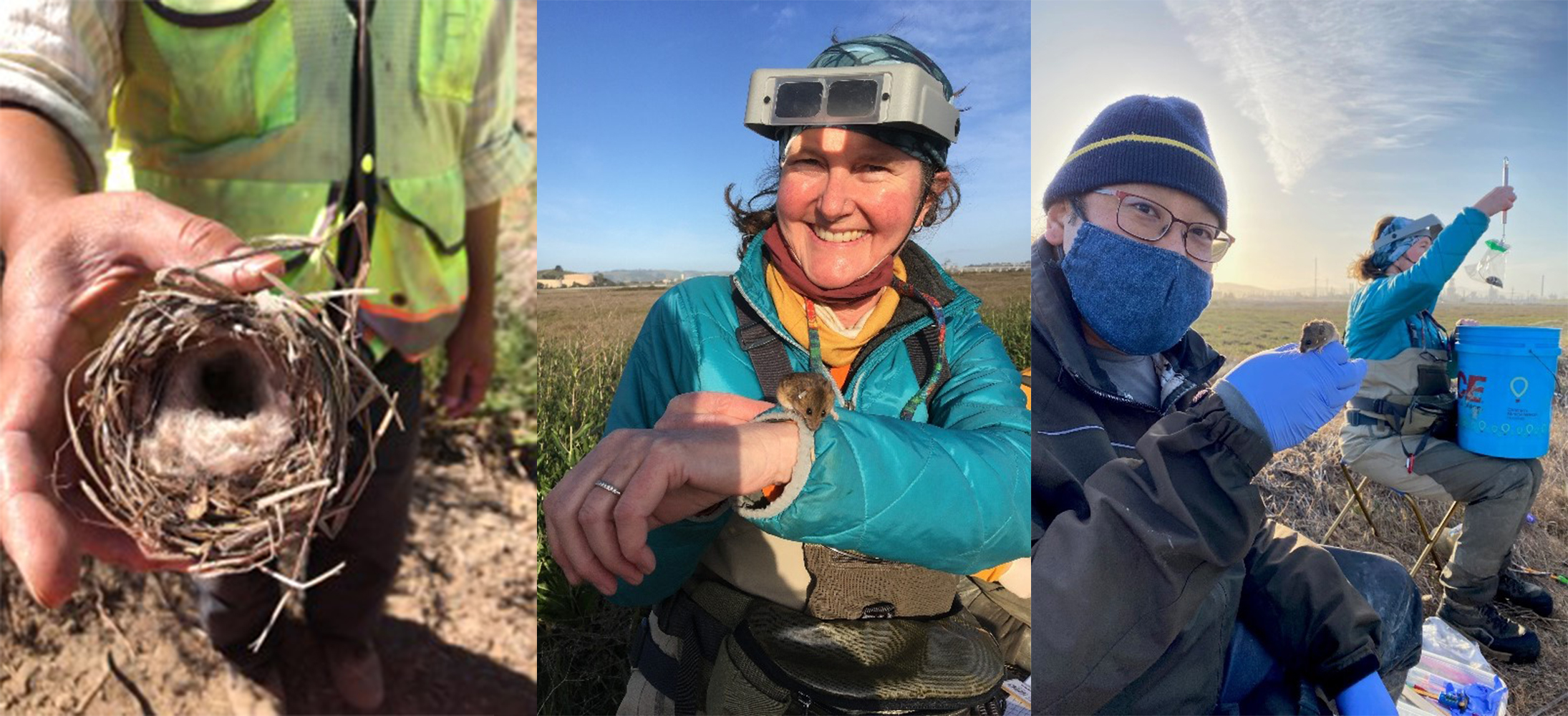
ESA is performing post-construction monitoring, which confirms the project’s early success in achieving project goals. This multi-benefit restoration project has become a sustainable flood protection solution for the surrounding community and avoids significant maintenance or dredging. An added benefit is a trail extension corridor for future connections to the Iron Horse Trail and San Francisco Bay Trail. ESA also helped the District secure approximately 12 million of dollars of grant funding for construction from various public agencies.
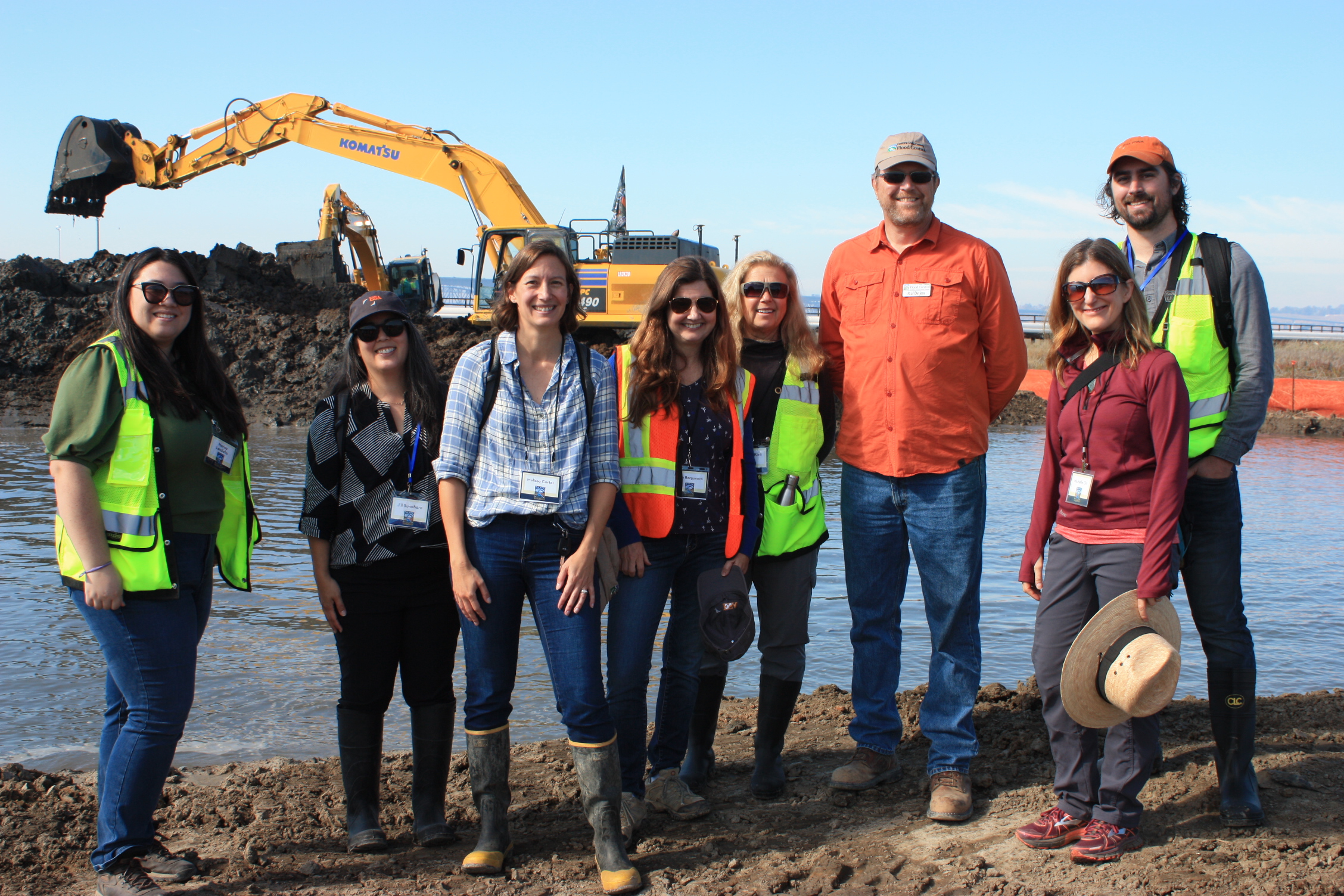
The project has been recognized by the American Public Works Association (APWA) with 2023 Project of the Year Award in the Environment $5 million but less than $25 million category.
Connect with our team
Details
Location Contra Costa County, California
Market Natural Resource Management
Services
Restoration
Wetland Restoration
Coastal Restoration
Landscape Architecture
Design
Natural Resources
Flood & Stormwater Management
Hydrology, Hydraulics & Geomorphology
Biological Resources
Watershed Assessment & Management
Planning
Community Planning & Design
Environmental Compliance
Permitting Assistance
Agency Consultation & Coordination
Environmental Review & Documentation
California Environmental Quality Act (CEQA)
Notable
The project has been recognized by the American Public Works Association (APWA) with the 2023 Project of the Year Award in the Environment $5 million but less than $25 million category.
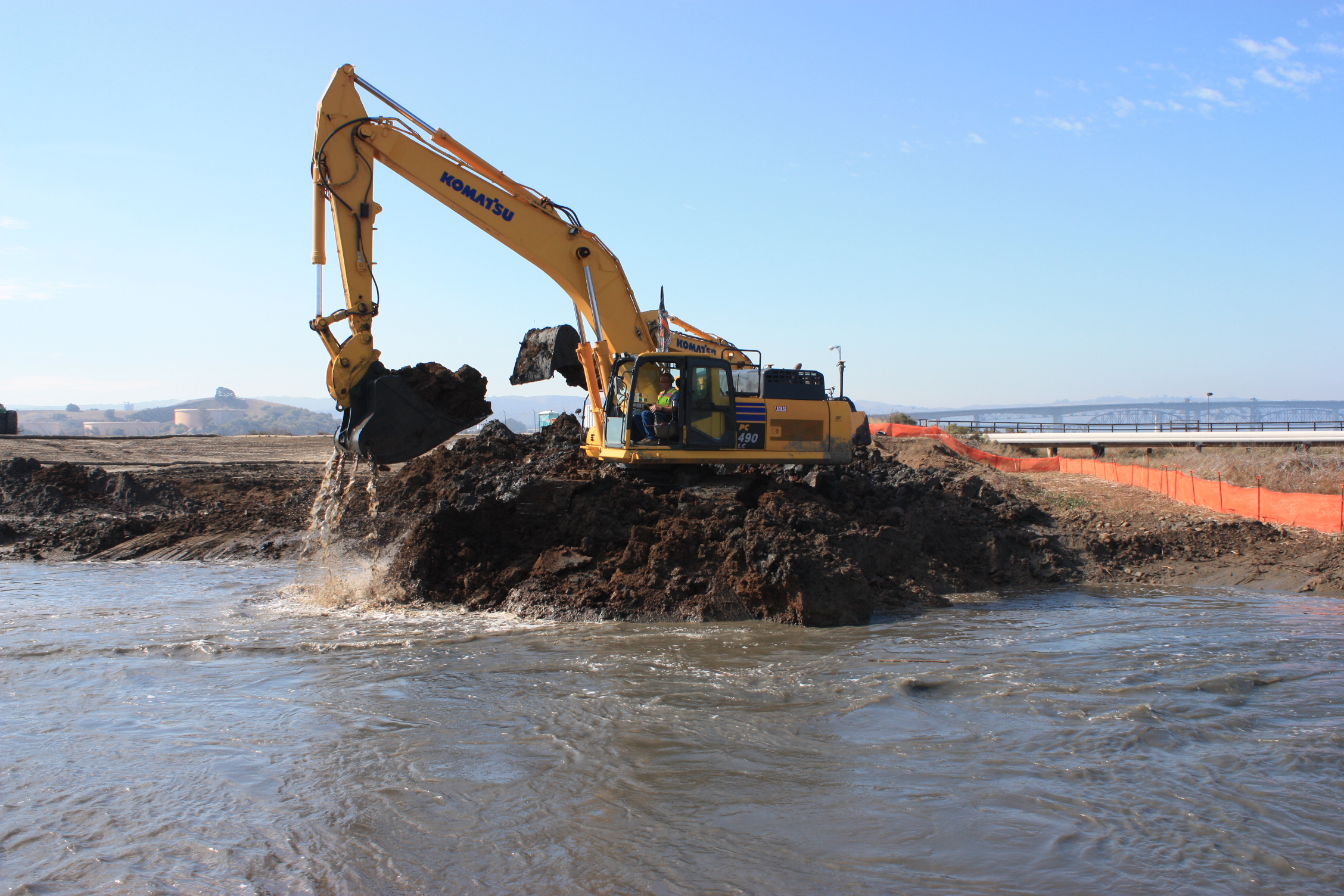
News & Ideas
As Advanced Air Mobility (AAM) technology continues to rapidly advance and become integrated into the...
Our experts will highlight key federal policy updates, including takeaways from the 2026 appropriations, the...
ESA has created an AI-supported NEPA Assignment Navigator GPT for transportation agencies to better understand...
The four proposed rules could amount to a substantial weakening of one of the United...
If finalized, the Waters of the United States Proposed Rule would reduce the geographic extent...


